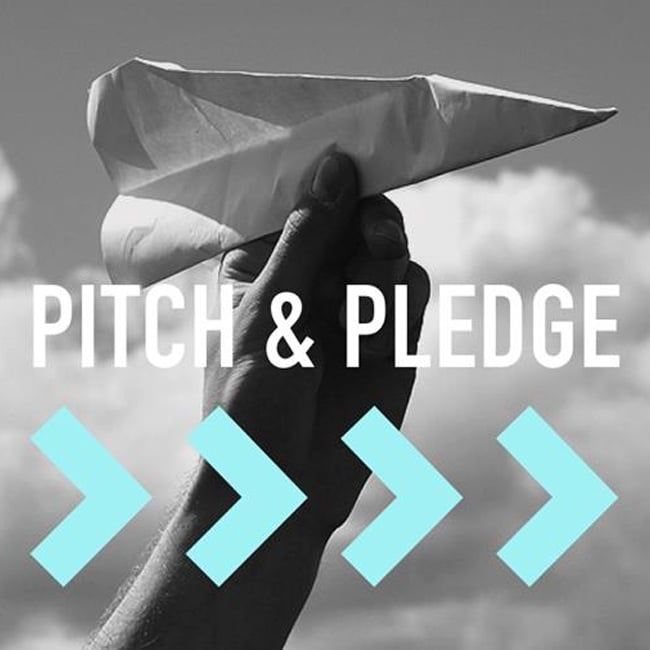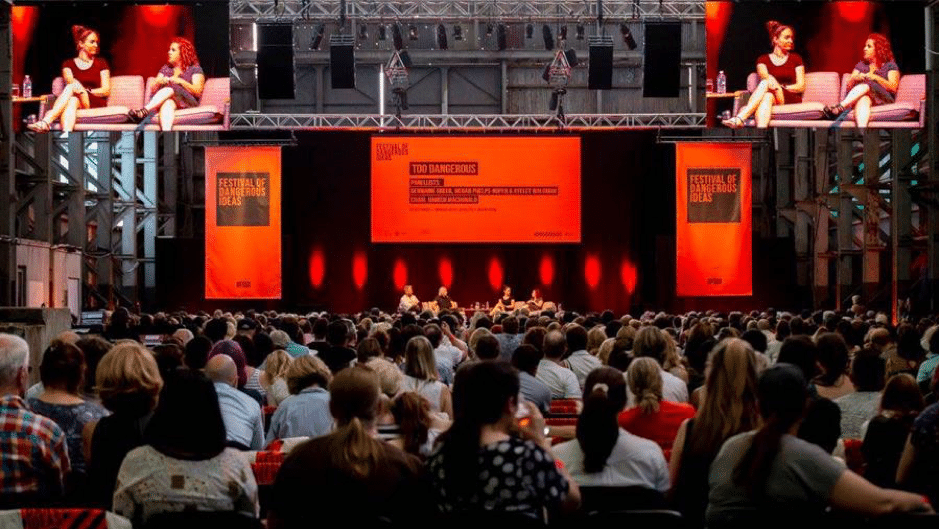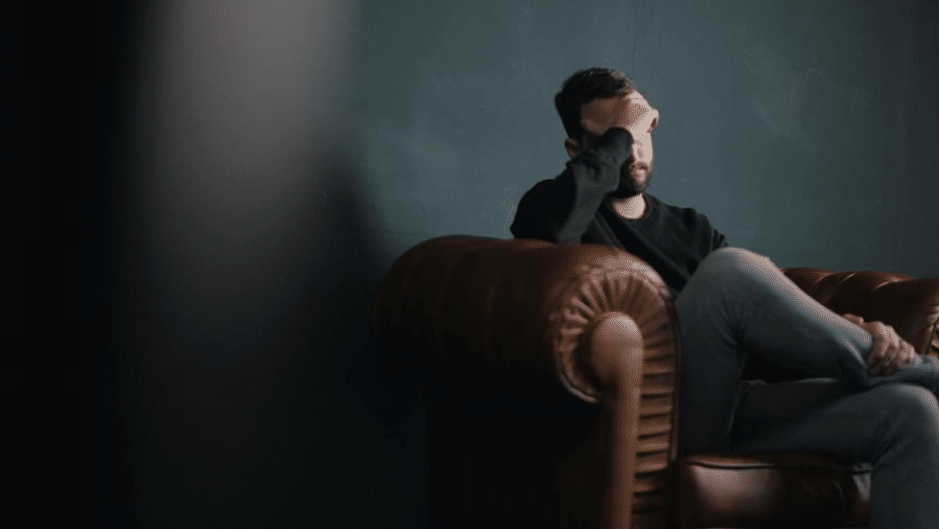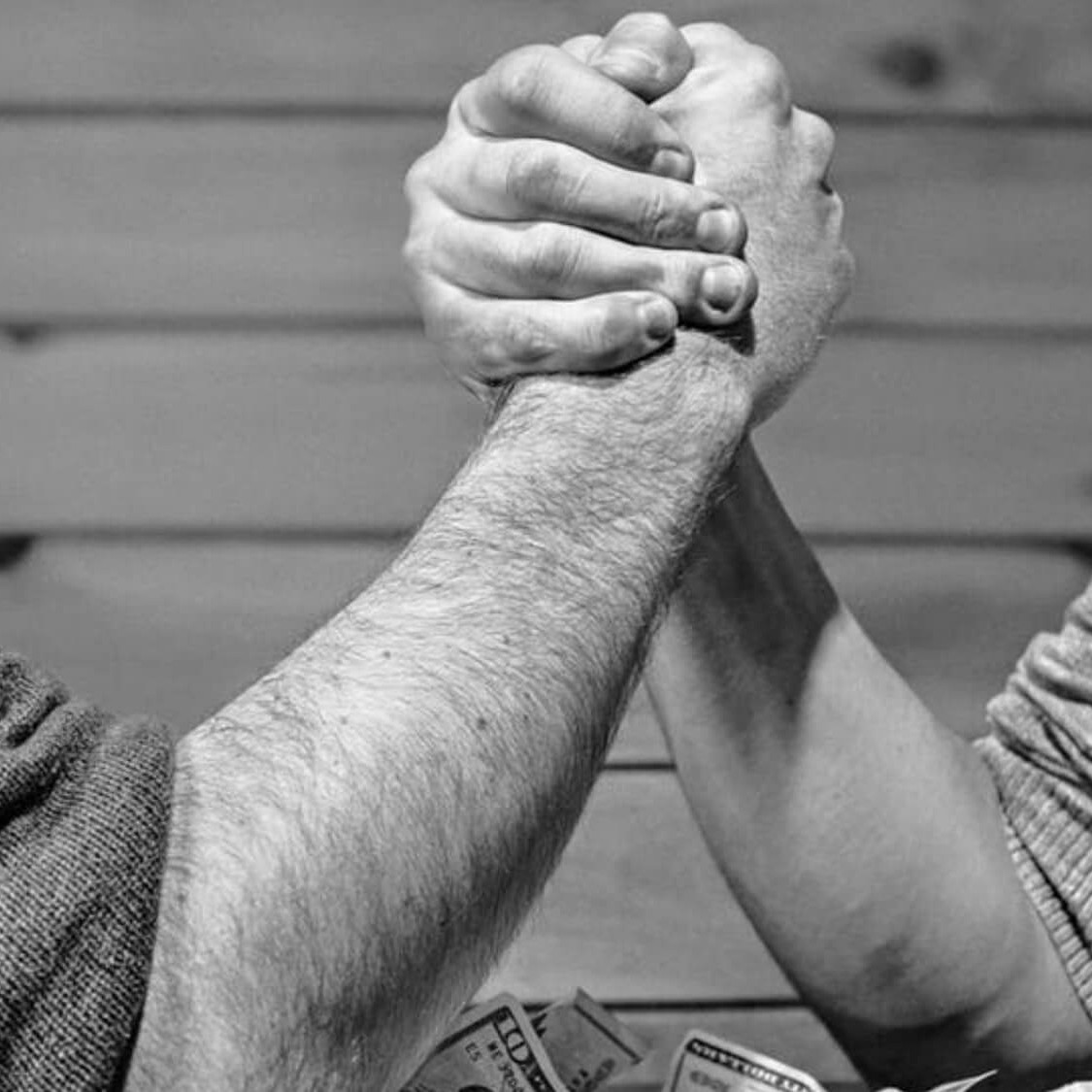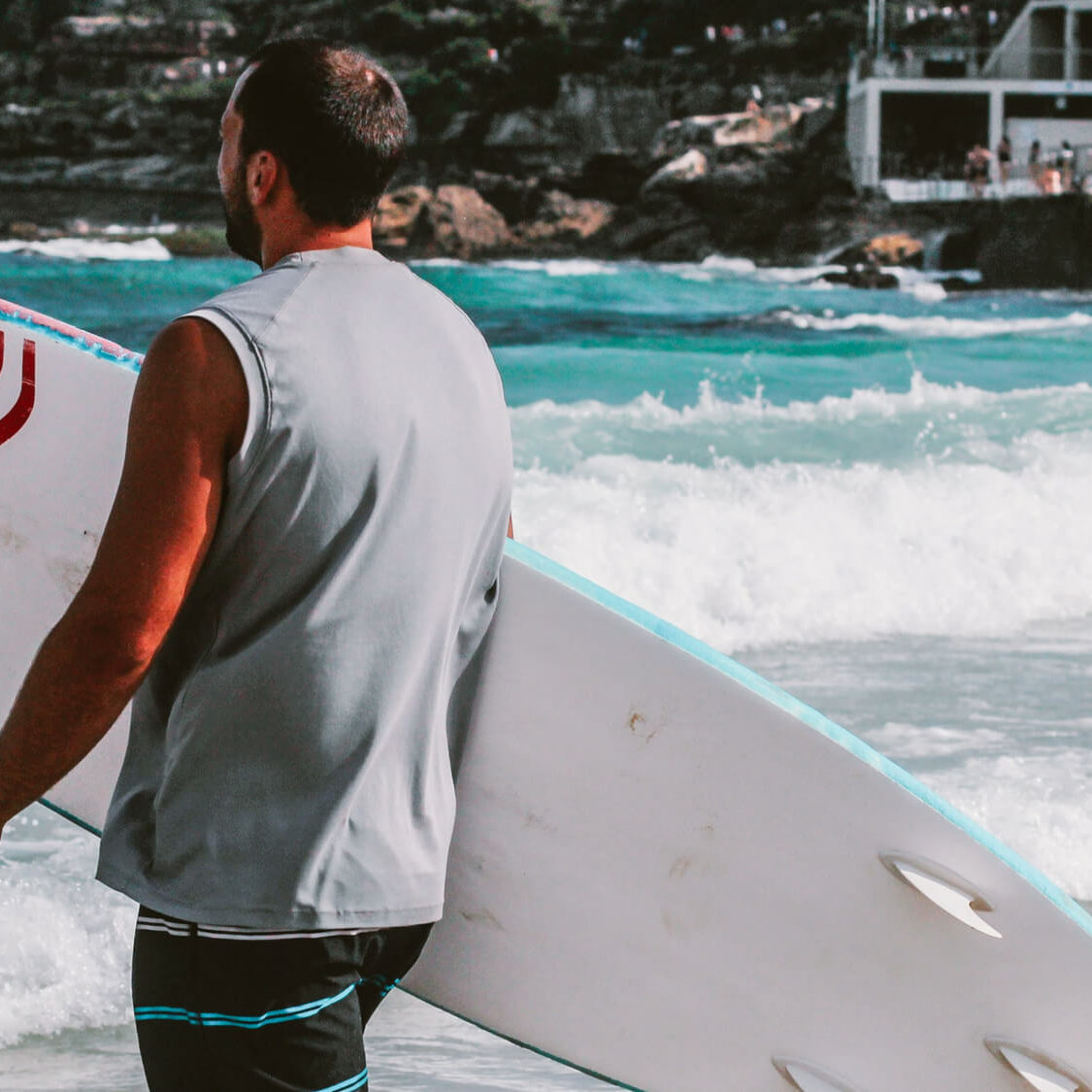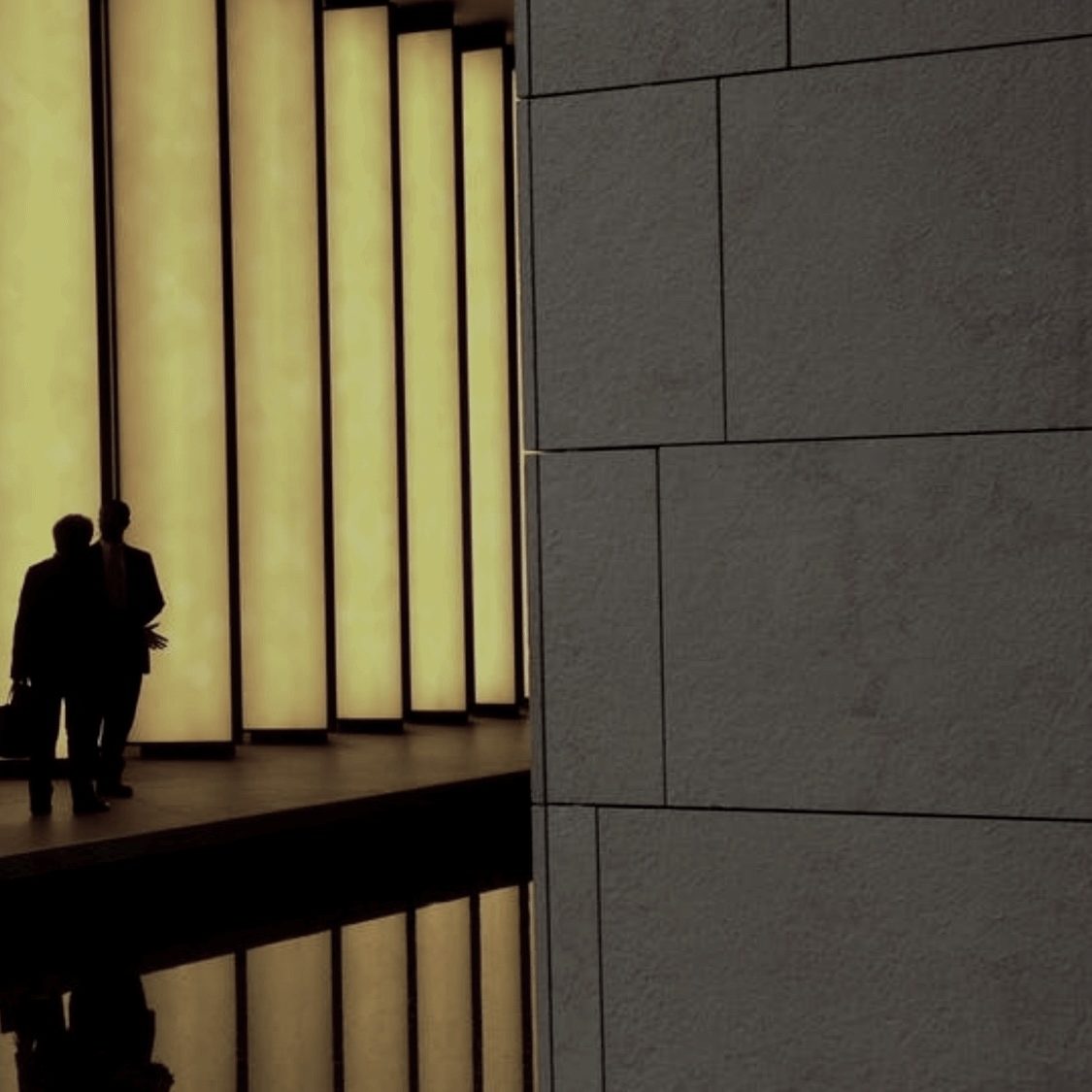We are pitching for your pledge
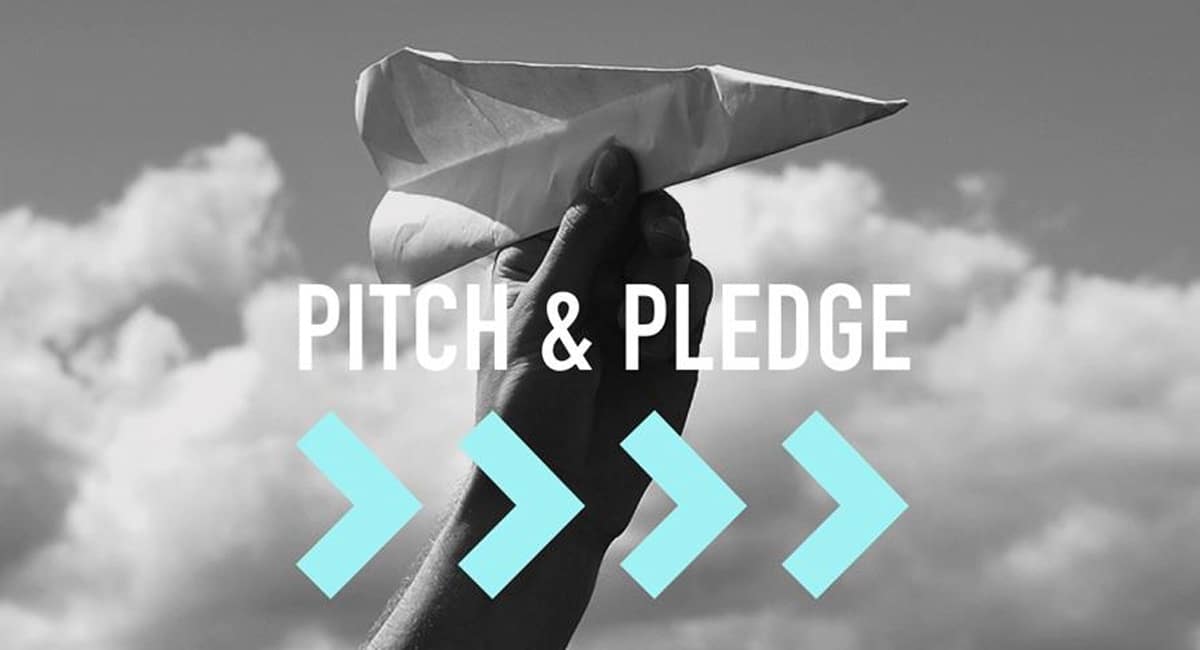
In celebration of our 30th anniversary which kicks off in November this year, we are preparing our very first live-crowdfunding ‘Pitch + Pledge’ night on Thursday 14 November.
Meet and hear directly from leaders of three of our flagship programs: The Festival of Dangerous Ideas, Ethi-call and our Young Philosopher initiative. Each speaker will pitch live on stage for six minutes each, and then answer the audiences questions. What follows is an unforgettable live-pledging experience, based on The Funding Network’s popular format.
1. Support a Truly Independent Festival of Dangerous Ideas
The Festival of Dangerous Ideas is Australia’s original big thinking festival – bringing leading minds from around the world to explore life’s most problematic and divisive issues.
Delivered in partnership with Sydney Opera House for almost a decade, last year marked the start of an exciting new phase for FODI as we branched out on our own. The 2018 festival was a triumphant sell-out, and audiences told us they walked away with a feast of new ideas and perspectives.
While FODI is well-attended and widely loved, it’s also a hugely risky and expensive event to stage. Our insistence on finding the best international storytellers, and keeping ticket prices affordable for broad audiences, pushes us into uncomfortable financial territory.
Your support will help us stage FODI as a break-even event, and allow us to keep doing it, year after year.
2. Help Us Reach More People in Need with Ethi-call
We’re enormously proud of Ethi-call. It’s our free, independent, national helpline available to all. The service provides expert and impartial guidance to help people make their way through life’s toughest challenges, when there’s nowhere else to turn.
Calls can be about almost anything – from professional issues (fraud, corruption, conflicts of interests) through to the deeply personal (birth, death, relationships, families).
There’s no other service like Ethi-call, so we receive calls from all over Australia, and all over the world. Your assistance will allow us to train more counsellors and ensure more people in need know the service exists.
3. Fund a Young Philosopher
Thirty years ago, a young philosopher with a keen interest in ethics and democracy, Dr Simon Longstaff, was appointed as The Ethics Centre’s first employee and Executive Director – a position he continues to hold today.
We’ve engaged a number of budding minds over the years to bring fresh thinking to our work, most recently Dr Matthew Beard, who plays an increasingly vital role in what we do.
We’re seeking funding to secure another bright young philosopher into our team – to apply their learnings to deliver insights and tools to help people build the skills and capacity to live according to their values and principles.
An opportunity to create a ripple effect of change
It will be a highly engaging and memorable evening for everyone involved and is an opportunity for you to get involved in some very exciting, critical projects here at The Ethics Centre.
We are putting our hearts and work on the line for your support. Pitch and Pledge will kick off at 5.30pm Thursday 14 November, at Clayton Utz offices, 1 Bligh St Sydney. Pledging starts from $100.
Please RSVP to rosemary.smithson@ethics.org.au with your details and your guests’ names to book your place to join us.
MOST POPULAR
ArticleSOCIETY + CULTURE
Who’s to blame for overtourism?
EssayBUSINESS + LEADERSHIP
Understanding the nature of conflicts of interest
ArticleBeing Human
The problem with Australian identity
EssayBUSINESS + LEADERSHIP
The role of ethics in commercial and professional relationships
BY The Ethics Centre
The Ethics Centre is a not-for-profit organisation developing innovative programs, services and experiences, designed to bring ethics to the centre of professional and personal life.
Why trust-building strategies should get the benefit of the doubt

Why trust-building strategies should get the benefit of the doubt
Opinion + AnalysisBusiness + Leadership
BY Cris Parker Cris 31 OCT 2019
You can’t blame people for feeling cynical. These days, it seems smart to distrust the motives of others and assume their every action is powered by self-interest.
You can’t go wrong expecting the worst, right?
There are so many reasons to be continually on your guard in an era of “alternative facts” and fallen idols. In recent times, all pillars of our society have revealed some rot at their core, whether it be in business, politics, media, religion, science or sport.
Scandalised headlines and royal commissions have lost their capacity to shock, yet there is still an argument for expecting moral behaviour from business. And there is a gulf between reasonable caution and cynicism.
Good things – positive progress – cannot happen unless we allow ourselves to believe in and support them.
I think most of us would consider ourselves to be altruistic, ready to put aside our self-interest (at least some of the time) for the benefit of others or a greater cause. And we know others who would behave the same way.
Common sense should then tell us that organisations and industries contain people whose days are powered by good intentions – even if the organisations they work within are caught up in unethical practices.
However, when those people get together to create positive change, the best way to kill it off is with an eye roll, shrug and disbelieving attitude.
In January this year, the energy industry’s Energy Charter took effect, with its 18 signatory companies in the electricity and gas industries voluntarily agreeing to disclose how they are measuring up to a set of principles that require businesses to:
- Put customers at the centre
- Improve affordability
- Provide safe, sustainable and reliable energy
- Improve customer experience
- Support customers who are in vulnerable circumstances
Having aggravated customers with inconsistent service and high prices, the industry itself accepted its effort to regain the public’s trust would be greeted with an “oh yeah?” by a disillusioned and distrustful public.
Electrical Trades Union of Australia national secretary, Allen Hicks, was reported as saying the charter was nothing but a “fig leaf” allowing the same for-profit practices to continue while real problems went unaddressed.
Energy Users of Australia chief executive, Andrew Richards, greeted the initiative with what he said was a “healthy scepticism”, while the NSW Energy and Water Ombudsman, Janine Young, said “positive cynicism” would be a more appropriate lens than blank disbelief.
Signatories to the charter submitted their first disclosure reports in October and the Energy Charter Independent Accountability Panel will publish an evaluation report on November 29.
The transparency of the process, in publishing the self-assessments of the signatories, should go some way to dispelling scepticism about the motivations and commitment of the participating businesses. I recently attended the Energy Charter Industry Working Group workshop where members articulated the challenges and learnings of the process. Industry regulators were present to hear the feedback, warts and all. It was a unique experience where fierce competitors came together, showed their vulnerability and contributed to creating a more sustainable industry.
When reading through the energy companies’ self-assessments, the wider community should acknowledge the honesty of owning up to mistakes or their failure to meet expectations.
The Banking and Finance Oath (The BFO) – which I have worked with for over 5 years – is another initiative to earn trust and has also had to combat sceptics and cynics. The BFO asks individuals to hold themselves to account.
While the number of signatories is relatively low, given the size of the industry, there are strong indications it is starting to make headway. Around 3,000 people have committed to the following principles:
Trust is the foundation of my profession
- I will serve all interests in good faith.
- I will compete with honour.
- I will pursue my ends with ethical restraint.
- I will help create a sustainable future.
- I will help create a more just society.
- I will speak out against wrongdoing and support others who do the same.
- I will accept responsibility for my actions.
In these and all other matters; My word is my bond.
In a speech at The BFO conference in August, chairman of APRA, Wayne Byres said initiatives such as the Oath are important building blocks for a stronger, more efficient, and more sustainable financial system. “They should be welcomed and embraced by industry leaders.”
When people ask whether the Energy Charter or The BFO are going to make a difference, they need to look to the longer term, rather than expecting immediate results. There needs to be a level of tolerance for mistakes and a willingness to allow time for correction.
While publicly holding themselves to a high standard, there are no quick fixes to culture change, and many of the problems that beset both sectors cannot be solved without political support and regulatory reform.
Coming back to the point about whether cynicism is a smart approach when it comes to assessing the motives of others, psychology has some pointers.
It is commonly believed that cynicism is a sign of intelligence, yet psychological research shows no such correlation. Instead, studies show that people who perform well in cognitive tasks are less cynical.
“ … holding a cynical worldview might represent an adaptive default strategy to avoid the potential costs of falling prey to others’ cunning,” say social psychologist Olga Stavrova of Tilburg University in the Netherlands and evolutionary psychologist Daniel Ehlebracht from the University of Cologne in Germany. Studies on the relationship between trust, health and finances find that thinking the worst tends to lead to worse results.
The psychologists cite US comedian Stephen Colbert, who told a university graduating class: “Cynicism masquerades as wisdom, but it is the farthest thing from it. Because cynics don’t learn anything. Because cynicism is a self-imposed blindness, a rejection of the world because we are afraid it will hurt us or disappoint us.”
Let’s hope the development of these voluntary initiatives that encourage self-reflection and accountability are met with a healthy scepticism, rather than a reflexive cynicism that seems to serve no-one.

This article was originally written for The Ethics Alliance. Find out more about this corporate membership program. Already a member? Log in to the membership portal for more content and tools here.
Ethics in your inbox.
Get the latest inspiration, intelligence, events & more.
By signing up you agree to our privacy policy
You might be interested in…
Opinion + Analysis
Business + Leadership
Making the tough calls: Decisions in the boardroom
Opinion + Analysis
Business + Leadership
Moral injury is a new test for employers
Opinion + Analysis
Business + Leadership, Science + Technology
Blockchain: Some ethical considerations
Opinion + Analysis
Business + Leadership, Health + Wellbeing, Science + Technology
